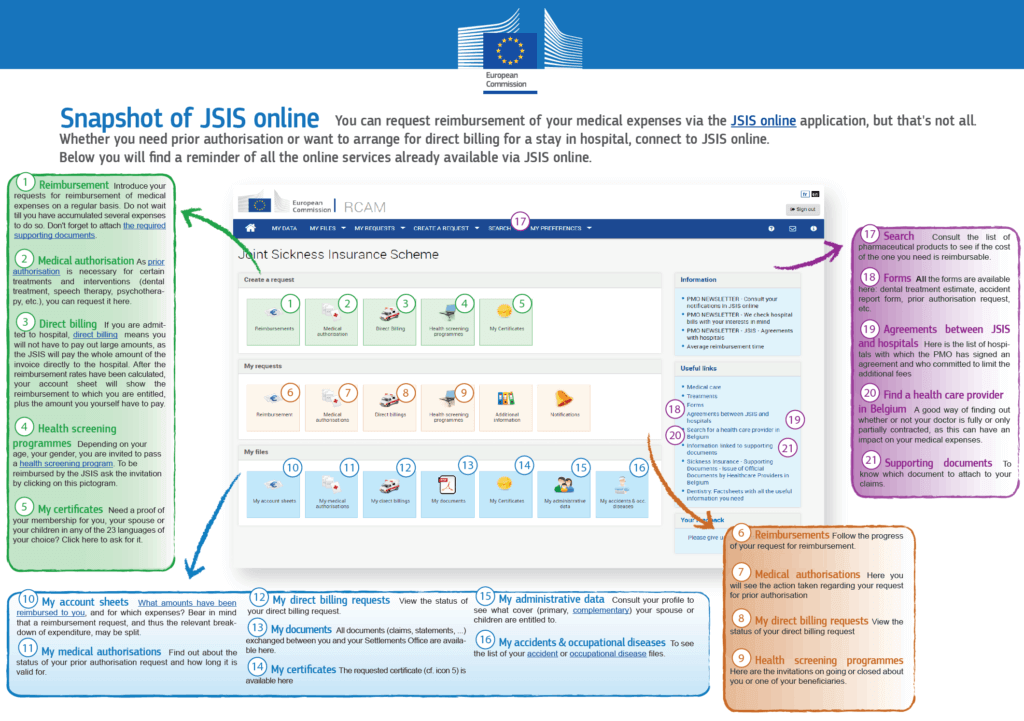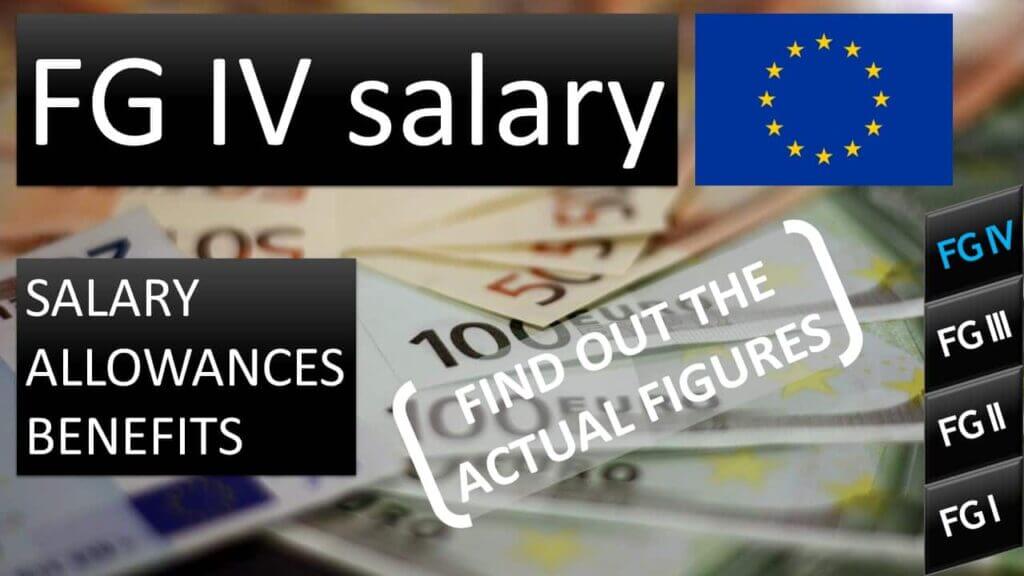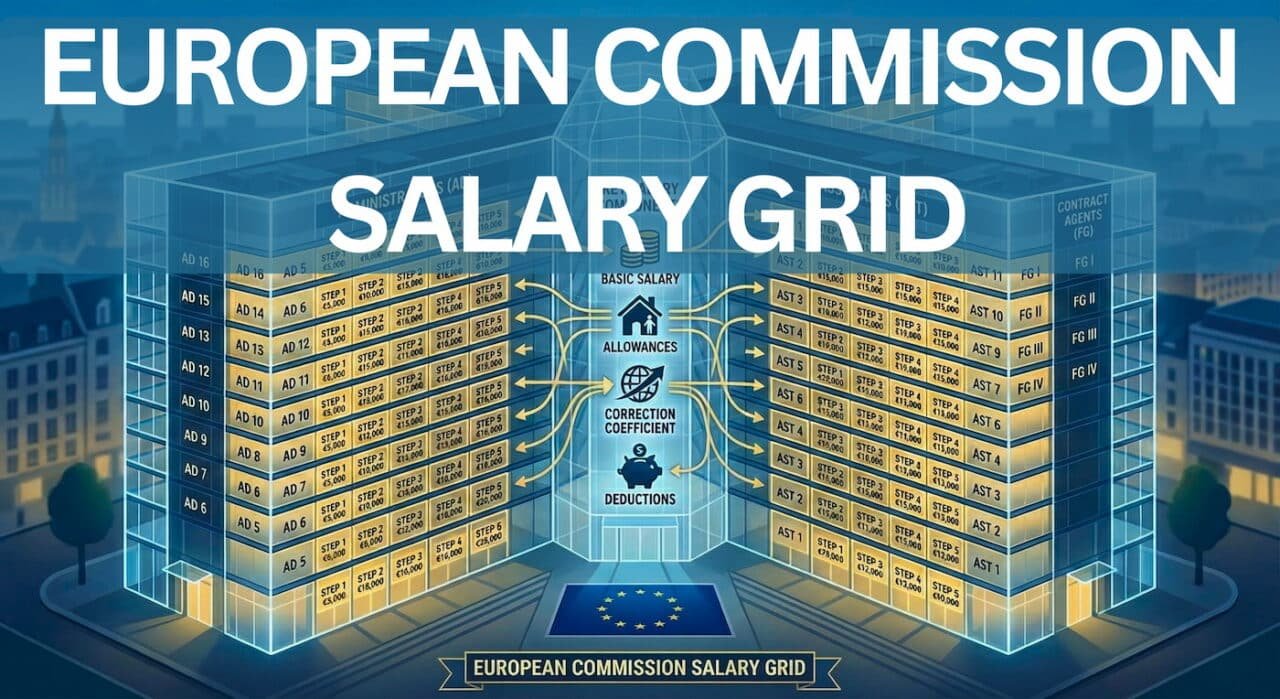Congrats, you’ve done it, you’ve gotten the coveted job in an EU institution and the benefits that come with it. And, best of all, your partner has agreed to relocate together with you to a different country or at least a different city. You say “Awesome, what’s there to worry about?!” But is it that simple? Read on.
What does your day look like? Are you leaving home for the office every day, learning a ton of new things, interacting with colleagues from a dozen or more countries, having lunches in the business district with new people every day? Are you going on missions that help you to spice up the daily grind and let you score some daily allowances and frequent flyer miles? Is your work assessed on merit and you get feedback on what you do on regular basis, mostly positive? You can probably answer with a “yes” to at least some of these questions.

What does your significant other’s day look like? Yeah, there is all the “free” time, but how is it spent? Is there anything meaningful your partner can do? Of course, there are the daily chores, and, if you have kids, taking care about them. But is it enough for an adult? Does your partner integrate well in the city and in some local community? Are they able to keep up with their hobby or exercise regularly? Are the coping well with leaving a job they previously had back home? Do they have a social support network or at least people back home with whom they can be in touch?
If you answer with a “no” or “I don’t know” to at least some of the above questions, you should not let your partner’s mental health slip from your attention as it can lead to significant psychological issues and other negative consequences, even divorce. Try to regularly ‘touch base’ about your partner’s wellbeing and be supportive of any initiatives. Below are some suggestions to get you started.
Support to employees’ partners in EU institutions
In contrast to many international businesses and embassies who have programs for involving their employees’ spouses in some type of activity, sometimes even offering them jobs, the EU institutions have no such programmes. The only support EU employees’ spouses really have is healthcare insurance under the Joint Insurance Sickness Scheme or JSIS.
Additionally, employees of the EU institutions in Brussels and Luxembourg have free access to psychological counselling independent of whether the reason is work- or private life-related.
And that’s about it.
What can an employee of EU institutions do to help with partner’s psychological problems?
Helping to find work
For most people these days work is, among other things, a significant source of self-esteem and even part of personal identity. Helping your partner to do something meaningful abroad is one of the ways how to help them to take good self-care.
Some people are able to keep on working for the same employer even if they change countries. Before moving enquire with your partner’s employer whether they are open to such arrangements. This is an option not only for the self-employed, but also people working for large corporations. One might be able to keep on working for the same business in a different country.
If it’s not possible to keep on doing the same stuff your partner did while at home, here are some other tips:
- Follow vacancies in the institution you’re working in. Maybe there’s something relevant for your partner.
- Consider encouraging your partner working as an ‘interim’ at your institution. These are temporary employment positions in EU institutions that are filled by short-term employees from the so-call ‘work agencies’ like Manpower. While the pay is that of the locals, it’s a good way how to experience your institution and might be a segway into a permanent job. This is because interim positions let one acquaint with the institution and give a significant advantage during a work interview and any tests.
- Sign up for the local expats Facebook groups and your nationality group(s) in the particular city or country. Local businesses often post work offers there and are looking for people that might help them expand/be represented in your home country market.
- Explore vacancies at multinationals as there are sometimes hiring professionals who do not have a command of the local language.
- If your partner is good at writing or speaking, maybe s/he can become a foreign correspondent for one of your home-country media.
- Or maybe this is the time to consider monetizing that hobby or an alternative career track your partner thought about in the past but never had the time to actually do.
Studying

A surprising number of EU institutions employees’ spouses take up studies. It might be that long overdue master’s degree or a complete career reorientation, or any other reason.
Studies as an EU official’s spouse might be easier to start than finding a job locally and even better for your financial situation in the future.
It also pays to remember to explore Erasmus+ and similar EU programmes. Let the EU pay for a job training in a different country that you’re anyway already living in.
If any of the above study goals are too ambitious, you could study the local language for a while to help with integration. Even the less well-off EU member states usually offer free or heavily discounted language classes for locally residing foreigners.
Expat communities
Facebook has received a lot of bad press lately, however it’s still a great networking and people organization tool. You and your spouse should join the local expats group on Facebook and also a group where your compatriots meet online. This might help not only with socializing, but finding an apartment, a nanny or even a job in a fellow expat’s company.
Playgroups for parents with kids
If you have younger kids, this is an good way for your spouse to find some local buddies/girlfriends that not only help to integrate in the local community, but also will help with any emergency and provide a fast-tract to finding the best local doctors, extracurricular activities for kids and the like.
Again, best to consult Facebook or expats in a similar situation as you.
Embassy women’s clubs
In most EU cities female spouses of embassy staff run a women’s club that mostly deals with charity work, but often is active socially. They might organize not only Xmas donation drives, but have a regular book reading, jogging or other club that your spouse might be interested.
To get in touch, either search Facebook or ask your embassy whether they have information.
Non-working spouses of expats often have playgroups and playdates for their smaller kiddos. Often the meet once week either in a park, a café or a member’s home.
JSIS cover


In case if you find yourself in a situation where your partner starts to develop any psychological problems that you are unable to successfully deal with, remember about JSIS or the EU health insurance scheme. Among other things the scheme also covers psychological help.
The JSIS rules generally provide 30 psychologist’s or psychotherapists sessions in a two year period for one person. If your spouse is covered by JSIS, s/he too can benefit from this.
Professional help can be sought locally, but JSIS also reimburses remote assistance, for example, psychotherapist’s sessions over Skype if you prefer to have it in your native language.
The rules to have these expenses reimbursed are not overly complicated, however, it’s best to check beforehand to avoid any unnecessary expenses.
Do you have question or suggestion for this article? Please share in a comment below and let’s make this resource better for you and other readers!






